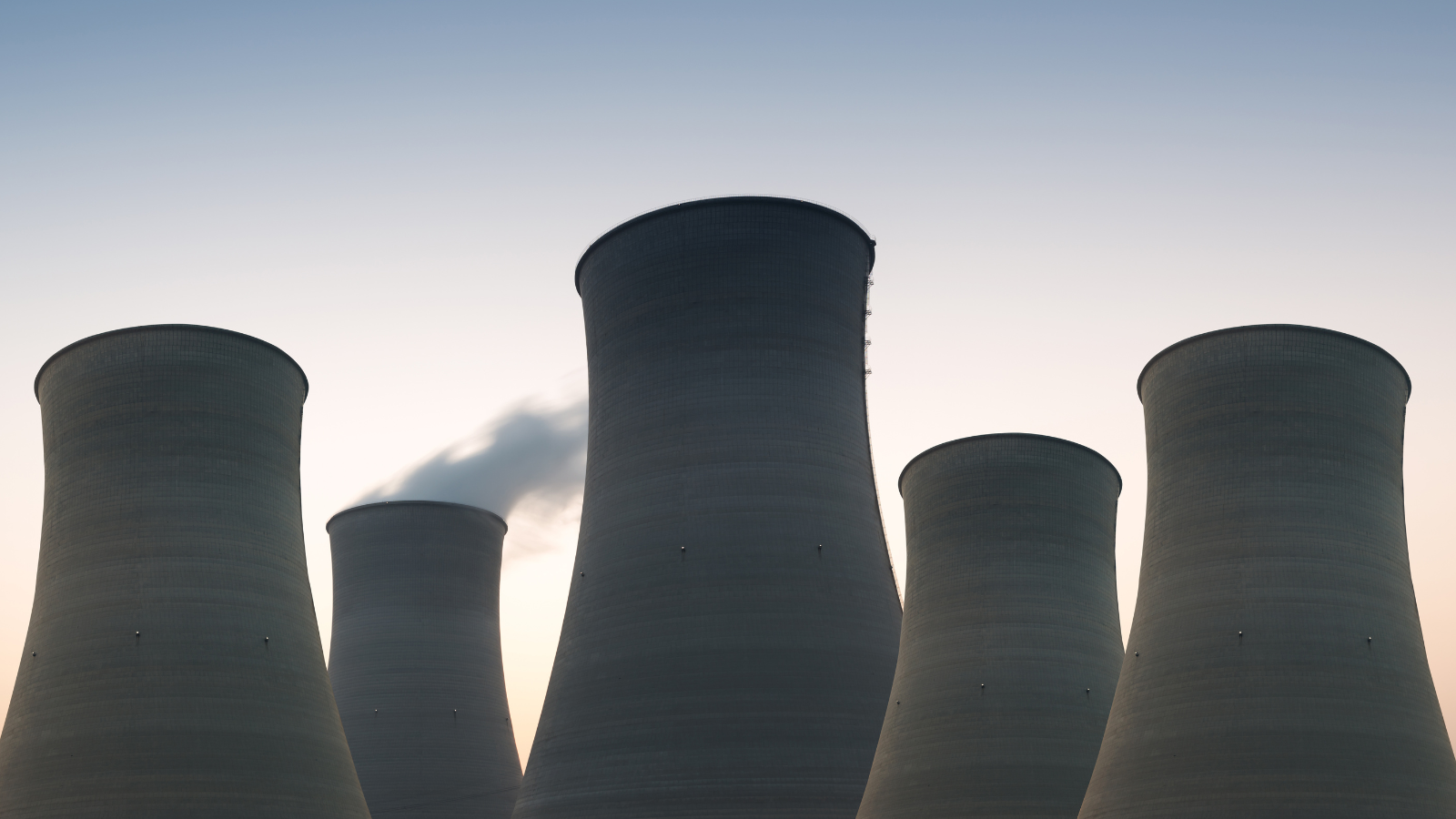Japan's Largest Port Hit by Ransomware Attack, Causing Cargo Delays
🇯🇵 Japan's Largest Port Hit by Ransomware Attack, Causing Cargo Delays.
The Port of Nagoya, Japan's largest maritime port, fell victim to a ransomware attack allegedly carried out by a Russian cybercriminal group, causing significant disruptions to cargo operations. The attack, which exploited vulnerabilities in VPNs and remote desktop protocols, led to an outage at a container terminal, prompting operators to take immediate action to prevent widespread delays. As Asian ports increasingly rely on automation and digital documentation, cyberattacks pose a growing threat to the region's shipping networks. The incident at Nagoya follows similar attacks on ports globally, including in Europe, India, and South Africa. Cybersecurity experts emphasize the importance of promptly updating and patching software to mitigate such attacks.
The U.S. is ramping up defense industrial cooperation with Indo-Pacific partners like Japan, India, and others to bolster supply chain resilience amid threats, particularly from China.
Taiwan Semiconductor Manufacturing Company (TSMC) recently inaugurated its inaugural chip plant in Japan, a move aimed at diversifying its supply chains amidst escalating trade tensions between the U.S. and China.
In a dramatic incident at Tokyo's Haneda airport, a Japan Airlines flight carrying hundreds of passengers caught fire on the runway after colliding with a Japan Coast Guard aircraft.
The search continues for two missing individuals following the U.S. military Osprey aircraft crash.
China has surpassed Japan as the largest auto exporter during the first half of the year, exporting 2.34 million vehicles compared to Japan's 2.02 million, marking the first time this has occurred at the half-year mark.
The Port of Nagoya, Japan's largest maritime port, fell victim to a ransomware attack allegedly carried out by a Russian cybercriminal group, causing significant disruptions to cargo operations.
Japan is aiming to strengthen its position in the electric vehicle (EV) space through a critical minerals trade deal with the United States.
U.S. Transportation Secretary Pete Buttigieg visited the port of Yokohama in Japan and emphasized the importance of establishing "green shipping corridors" to reduce carbon emissions in the shipping industry.
Japan's exports have experienced their weakest growth in over two years, signaling a global economic slowdown and adding uncertainty to the country's growth outlook.
The Group of Seven (G-7) advanced economies held closed-door financial talks in Japan, focusing on issues such as bank runs, cybersecurity, and building more reliable supply chains for economic security.
Honda has announced in Tokyo its preparations for a transition to electric cars in North America.
In March, Japan and California signed an agreement to develop a green shipping zone in their ports.
South Korea is aligning with the United States and Japan, which could lead to greater cooperation and coordination among these countries in the development and production of advanced semiconductor technologies.
A shortage of ships to transfer the massive wind turbines to their locations from shore to sea has been a pitfall of the continent’s green energy project.
While harsh sanctions have been imposed on Russia and its companies since February 2022 and the invasion of Ukraine, Japan has hesitated to join the fray.
For the third consecutive month, the country’s production levels have plummeted below pre-pandemic levels as global demand wanes.
Japan is one of the world's leading users of nuclear energy, with a fleet of 50 reactors that supplied approximately 20% of the country's electricity prior to the Fukushima Daiichi nuclear disaster in 2011.




















A Japanese solid-fuel rocket, Kairos, faced a major setback during its inaugural launch as it exploded just seconds after liftoff.